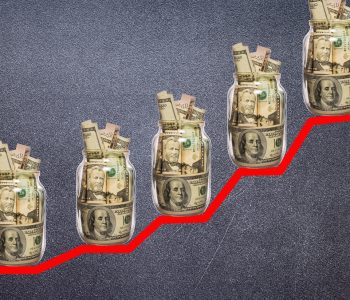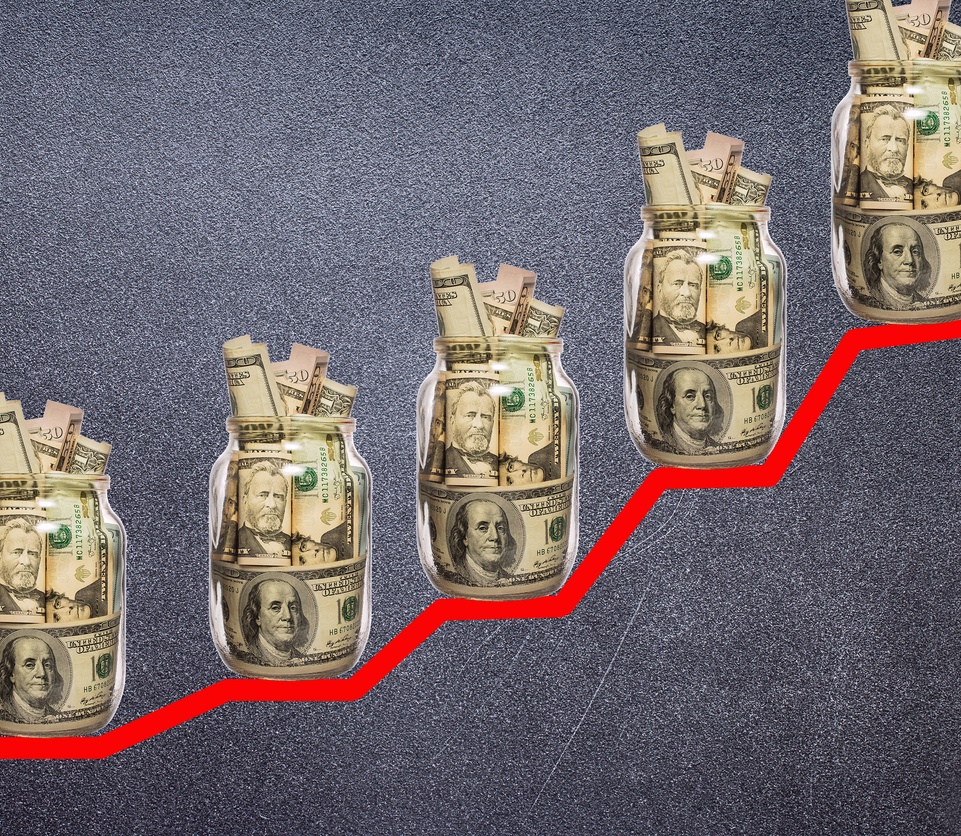Municipal Bonds: High-Yield Bonds Paying 6%

The 6% Income Stream You Likely Haven’t Considered
Today, I want to highlight my favorite way to spot new investment ideas: following headlines.
Investors tend to overreact to negative events. Traders will dump shares of everything in an unpopular industry, including high-quality companies immune to the problem. For investors willing to pick through the carnage, they can often pick up incredible deals.
Case in point: municipal bonds. Municipal bonds, or “munis” for short, represent loans to cities and states to build roads, schools, and other projects. A tsunami of negative headlines have hammered prices, but this could create a buying opportunity for a couple of reasons.
First, check out the yields. Today, several safe muni funds yield five percent or more. That’s a great return when you consider most saving accounts pay out next to nothing.
Many muni funds pay a monthly dividend–great news for retirees looking for a steady stream of finance. I’ve often compared these funds to the Swiss trains of finance, given their distributions almost always come in on time.
And there’s a bonus. To encourage investors to lend money to towns and states, the federal government charges no taxes on earned interest from these bonds. So if you’re in the 28% tax bracket and earn a five-percent yield, it’s the same as making 7.5% in an ordinary note.
Furthermore, they’re rock solid. Municipalities can just raise taxes to cover any funding shortfall. While that might be bad news for residents, it means bondholders can sleep soundly at night.
For this reason, you almost never see deals sour. Investment-grade issuers have had a default rate of only 0.02% annually over the past 40 years. For perspective, you’d need to buy 5,000 bonds to experience one default each year. (Source: “US Municipal Bond Defaults and Recoveries, 1970-2014,” Moody’s Corporation, July 24, 2015.)
At the same time, the strong economy has helped many local governments get their finances in order. The total amount of muni debt outstanding is projected to decline by $40.0 billion over the summer, as maturities outpace new issues. Needless to say, less debt outstanding increases our chances of getting repaid even further. (Source: “Forget Trump. Muni Bond Rally About to Be Driven by Cash Tsunami,” Bloomberg, May 19, 2017.)
Of course, munis are no sure thing. A Trump tax cut would be bad news for muni bonds. We’ll see more scary headlines out of places like Detroit, Illinois, and Puerto Rico.
Also Read:
7 of the Best Corporate Bonds for 2017
I’m not super worried, though. Traders have already priced a full wham-bam Trump tax cut. I suspect, though, that the President won’t get everything he wants during negotiations in Washington (if he can get a deal done at all). Any uncertainty surrounding this bill is good news for muni bond prices.
You will see ugly headlines in the months ahead, That said, you can sidestep a lot of these problems by staying away from the lowest quality issuers. And by sticking to diversified muni funds, you won’t get sideswiped by any one particular default.
So how can investors get started?
Rather than investing in the bonds of a individual municipalities, I recommend balancing your portfolio with a “one click” muni-bond fund. One of my favorites is the Nuveen AMT-Free Municipal Credit Income Fund (NYSE:NVG). This fund owns hundreds of municipal bonds across the country, with little exposure to the riskiest state and local governments.
Today, units pay out a semi-annual distribution of 7.25 cents each, which comes out to a yield of about 5.7%. If you’re in the 28% tax bracket, that’s like earning an 7.9% taxable yield.
Bottom line: following a string of negative headlines, most investors have ditched munis. Traders, though, have thrown out the baby with the bathwater. If you’re willing to do some grunt work, you can scoop up some incredible values.











